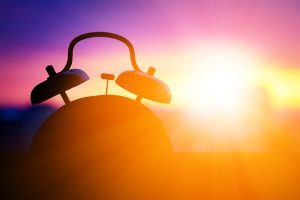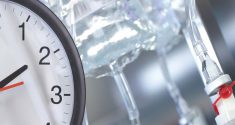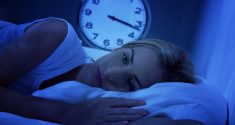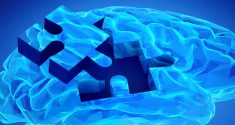Chronobiology: A Breakthrough Science
Chronobiology studies the internal clocks we each have and need to regulate important processes such as cell division, skin proliferation and melatonin production, to name a few. To begin appreciating chronobiology, think of your own basic rhythms. The time of day optimal to study a new subject, for instance, may be upon awakening for some, but for others, early evening works best. The term “body clock” has given way to the broader sense of chronobiology, changing the emphasis of study from individuals to entire segments within the human range of existence. The elderly, particularly the most fragile among us, need this critical area thoroughly explored, documented and used for the treatment of their disorders such as Alzheimer’s and dementia.
Chronobiology and Caregiving

Sundowning

Change is the Enemy

The Future of Chronobiology and Alzheimer’s
If chronobiology is a relatively new biological term, close upon its heels is “Zeitgeber,” or “Time Cue.” Circadian rhythms necessary to regular, peaceful nights filled with regenerative sleep get disrupted because Alzheimer’s and dementia patients lack the stimulus of a Zeitgeber such as bright lights in an appropriate time and manner. Daylight is the strongest known time cue in humans. The future of chronobiology in treating Alzheimer’s and dementia is bright indeed if it continues to develop light treatment, sleep aids, social stimulation and the issuing of medicines to patients proper to the individual medicine’s most effective time of application.







